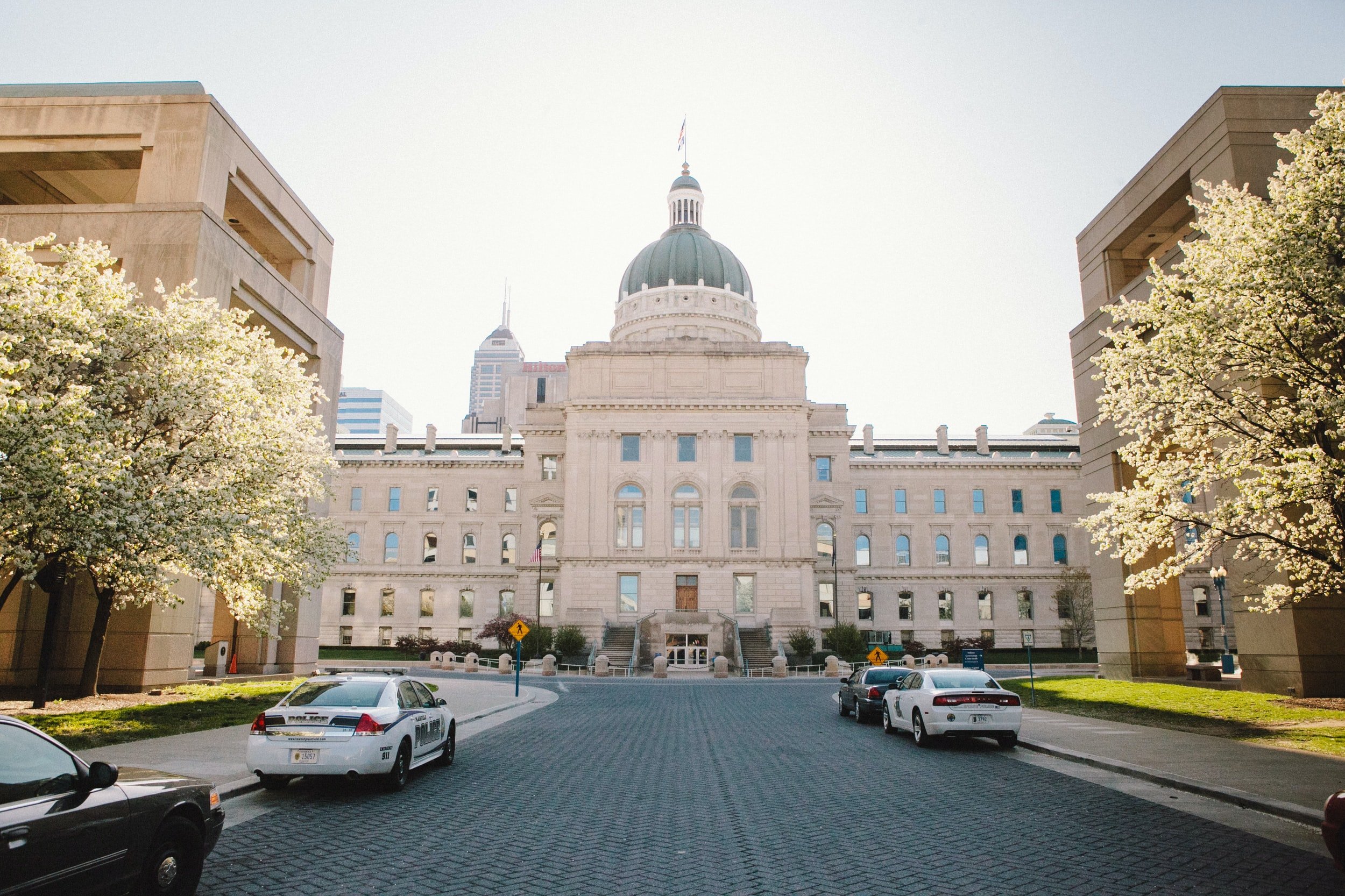Indiana's fight over emergency powers
April 15, 2022
Last Thursday, the Indiana Supreme Court heard arguments in a case determining the constitutionality of a law giving state legislators the authority to call themselves into special legislative sessions during public health emergencies.
What this means for public health
This case follows a line of cases raising separation of powers issues relating to public health emergency orders. In several states, including Louisiana, Michigan, New Hampshire, and Wisconsin, state legislatures that were unhappy with governors’ emergency orders during the COVID-19 pandemic attempted to limit executive powers. These cases raise important issues about the balance of power during a public health emergency. They also have the potential to weaken the executive branch’s ability to act quickly during a public health emergency. Governors and other health officials might be wary of imposing public health measures knowing they could be quickly overruled by the legislature. Under Indiana law, the Legislature can end the Governor’s emergency orders with a majority vote.
Background
Unlike many intrastate power struggles between the state executive branch and legislature, such as that in Wisconsin v. Palm, the fight in Indiana is not a partisan one. Both Governor Eric Holcomb and legislative leaders are Republican.
The conflict arose in July 2020, after the Governor ordered a statewide mask mandate. Shortly after, several Republican legislators asked the Governor to convene a special legislative session so they could debate the order and other COVID-19 measures. Even the Republican state Attorney General at the time, Curtis Hill, opined that the Governor should have called a special legislative session.
The Governor declined to call a special session. When the Legislature, known as the General Assembly, began its regular session in January 2021, it passed the law in question, House Bill 1123. The law gives the Legislature the ability to call “emergency sessions” during times the Governor has declared a statewide emergency. The Governor vetoed the law shortly after it was passed, and the Legislature overrode that veto. The Governor challenged the law in court, and in October 2021, a Marion County Superior Court judge upheld the law.
The Indiana Constitution permits the Governor to call special sessions of the General Assembly. The question is whether that grant of power is exclusive to the Governor, or whether it is shared by the Governor and the Legislature.
A similar law was upheld by the Wisconsin Supreme Court in 2019, in League of Women Voters of Wisconsin v. Evers. Similar to the Indiana case, plaintiffs argued that the Wisconsin Constitution, which allows the Governor to call in special legislative sessions, gave that power solely to the Governor. The court held that extraordinary sessions called by the Legislature are not in violation of the Wisconsin constitution, as they have the power to make laws authorizing that power.

